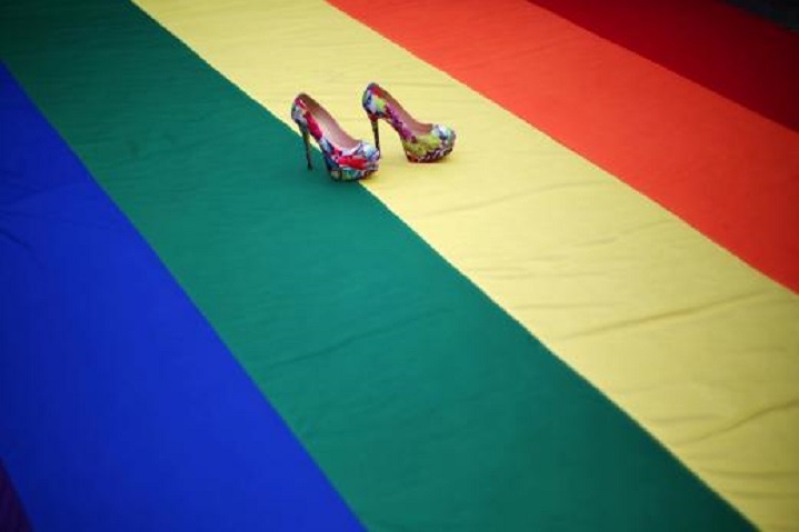
A new fact sheet distributed at Harvard University is teaching students that gender expression is "fluid" and "can change from day to day."
"Gender is fluid and changing, and can be affirmed and/or expressed in many ways," the fact sheet stated, adding that "cis and trans--gender expression, identity, and self-understanding can change from day to day."
The school-sponsored document, which challenged students to fight transphobia by getting the facts about gender diversity, was released by the office of the BGLTQ Student Life and was distributed on campus, according to Campus Reform.
The fact sheet explained that there are different ways gender can be expressed. These include the way a person talks, dresses, views his or her gender identity and shares his or her gender identity with loved ones and friends.
The use of hormone therapy and makeup, and even the name a person uses for legal documents are also expressions of gender, the document said.
The Harvard fact sheet further explained that a person's gender at birth and a person's gender identity "are not necessarily the same."
"Sex assigned at birth, gender identity, gender expression, sexual orientation, hormonal makeup, physical anatomy, and/or how one is perceived in daily life are not necessarily related," it said.
According to the fact sheet, there are other sexes besides male and female.
While "internal and external genitalia, hormones and chromosomes" all influence a person's biological sex, at least 2 percent of the population are "born with combinations of these characteristics that do not fit into the constructed sex binary of 'male' and 'female,' and may identify as intersex," the fact sheet claimed.
This information was taken from Organization Intersex International (OII), Campus Reform reported. OII is an organization founded in 2003 to promote equality for intersex Americans.
The fact sheet said that among males and females, "every 1 human expression of sex is in some way biologically variant from the next."
The document ended by saying that having negative attitudes toward transgender people is "a form of systemic violence."
"Fixed binaries and biological essentialism, manifest in gendered language, misgendering someone, and the policing of trans bodies, threaten the lives of trans people," the document said.
Using information from Trans Student Educational Resources, the fact sheet claimed that 80 percent of trans students do not feel safe on their campuses because of their gender expression, and that transgender persons of color are six times more likely to be treated with violence by the police, Campus Reform said.
Peter Van Voorhis, California campus correspondent for Campus Reform, said students are "sick" of the gender debates and want the truth to be taught in their schools, according to The Blaze.
"Students across the country are sick of this gender nonsense, and are fighting back to promote truth on their campuses. It's a shame that a historic institution like Harvard University has stooped this low," Van Voorhis said.






